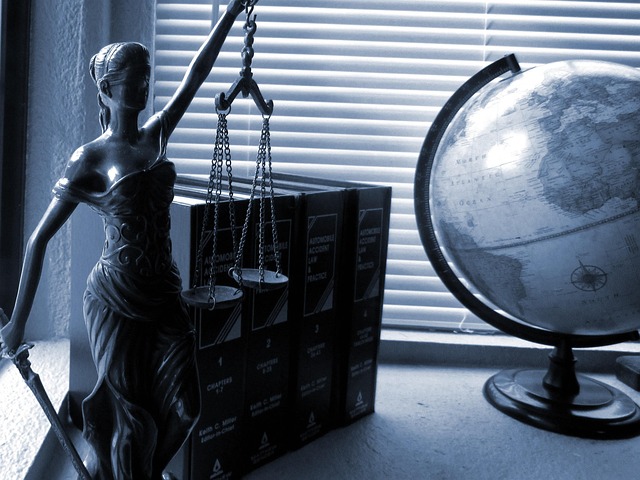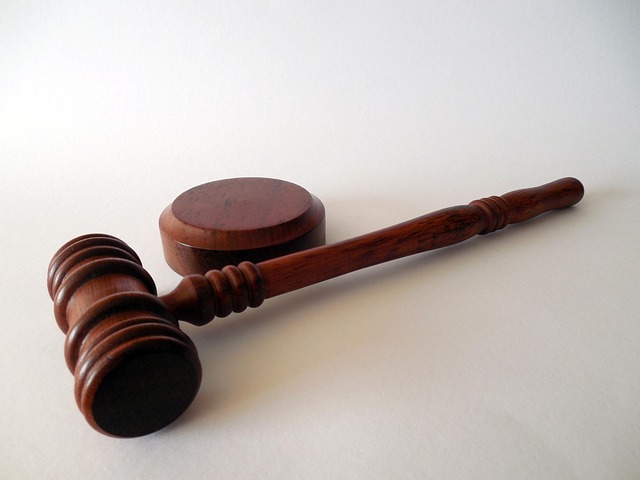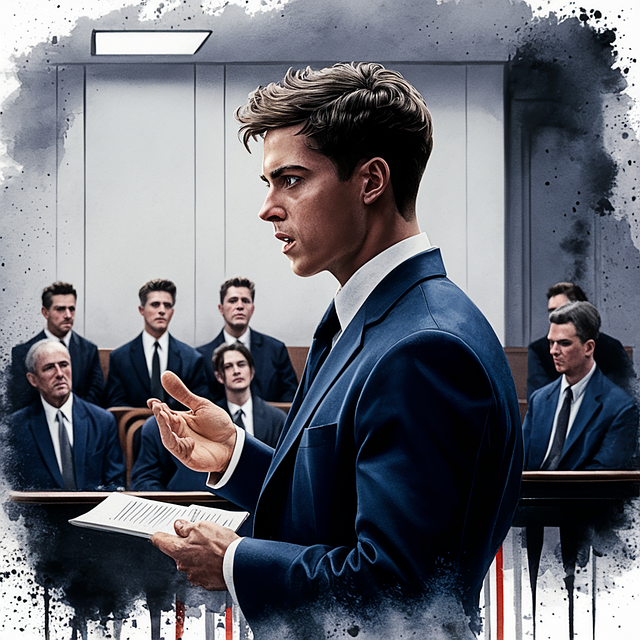Public corruption trials present unique challenges during jury selection due to complex legal issues, political undercurrents, and high-profile attention. Effective strategies are crucial for securing impartial jurors, managing media scrutiny, and countering public perception biases. This involves meticulous case management, thorough juror questionnaires, insightful voir dire examinations, and clear jury instructions. By navigating these challenges, lawyers can achieve favorable outcomes, maintain public trust, and ensure fairness in corruption trials.
“Public corruption charges pose unique challenges within the legal system, demanding careful consideration during jury selection. This article explores the intricate dynamics of trying corrupt officials, focusing on key issues like defining and prosecuting public corruption, and the complexities of choosing impartial jurors. We delve into the challenges faced when high-profiled accused are involved and how biases impact selection. Additionally, effective strategies for jury instruction and deliberation in these sensitive trials are discussed, providing insights into navigating the complexities of public corruption cases.”
- Understanding Public Corruption Charges: Definitions and Legal Framework
- The Complexities of Jury Selection in Corruption Cases
- Challenges Arising from High-Profiled Accused and Their Impact
- Overcoming Biases and Preconceptions Among Potential Jurors
- Strategies for Effective Jury Instruction and Deliberation in Corruption Trials
Understanding Public Corruption Charges: Definitions and Legal Framework
Public Corruption Charges refer to allegations of illicit behavior by public officials or those in positions of power, involving misuse of authority for personal gain. This can include bribery, fraud, embezzlement, and abuse of office. The legal framework surrounding these charges varies by jurisdiction but typically involves a complex process of investigation, indictment, and trial. Understanding the nuances of public corruption is crucial, especially when navigating the challenges faced during jury selection.
One of the key aspects to grasp is that these cases often present unique complexities. From ensuring fair and impartial jurors to managing sensitive evidence, lawyers involved in such trials must employ strategic approaches. Moreover, the process can be lengthy, with extensive preparations required at every stage of the investigative and enforcement process. Winning challenging defense verdicts demands a deep understanding of the law, meticulous case management, and persuasive legal arguments to counter allegations and present an effective defense.
The Complexities of Jury Selection in Corruption Cases
Jury selection in public corruption cases presents unique challenges that require meticulous strategies. With complex legal issues and often sensitive political undercurrents, finding impartial jurors who can navigate this intricate landscape is a daunting task. The complexities arise from the need to strike a balance between ensuring a fair trial and selecting individuals unaffected by external influences, especially when dealing with high-profile cases that captivate the public imagination.
The process demands careful consideration of potential biases within both the philanthropic and political communities. Jurors must be able to set aside preconceived notions about the accused, the charges, and the broader implications for these communities. Achieving this is particularly challenging in cases where public perception plays a significant role, as it often does in corruption trials. An unprecedented track record of winning challenging defense verdicts necessitates an equally robust approach to jury selection, ensuring that the legal process remains untainted by external pressures or expectations.
Challenges Arising from High-Profiled Accused and Their Impact
High-profiled accused individuals bring unique challenges to any legal proceedings. The attention and media scrutiny that come with such cases can significantly impact jury selection, making it a delicate process. Prospective jurors often have preconceived notions, which may influence their ability to render an unbiased verdict. Achieving extraordinary results in these situations demands meticulous strategies during jury empanelment. Attorneys must carefully screen potential jurors to ensure a fair and impartial panel, considering the defendant’s fame and the public interest in the case.
The impact of these challenges extends beyond the selection process. Winning challenging defense verdicts in cases with high-profiled accused is a testament to robust legal representation and effective communication strategies. It demonstrates the ability to navigate complex narratives, present compelling defenses, and counter the media’s influence on public perception. Ultimately, the goal is to secure a complete dismissal of all charges, demonstrating the strength of the defense strategy and the fairness of the judicial process.
Overcoming Biases and Preconceptions Among Potential Jurors
Overcoming biases and preconceptions among potential jurors is one of the significant challenges faced during jury selection in public corruption cases. These trials often attract high-profile attention, which can introduce a range of prejudices into the courtroom. Jurors may have formed opinions based on media coverage or personal beliefs about political figures, requiring careful interrogation to ensure impartiality. The process involves delving into potential biases related to politics, government, and even socio-economic factors, as these cases frequently explore intricate networks of influence and power.
Effective strategies for addressing these challenges include thorough juror questionnaires and insightful voir dire examinations. By probing into their past experiences, media consumption habits, and political affiliations, defense attorneys can uncover hidden biases. This process allows for the selection of an unbiased jury, which is crucial for achieving winning challenging defense verdicts across the country. It ensures that his clients receive a fair trial, regardless of the high-profile nature of the case, and helps to maintain public trust in the judicial system.
Strategies for Effective Jury Instruction and Deliberation in Corruption Trials
Ensuring effective jury instruction and deliberation is paramount in corruption trials, where intricate financial schemes and complex legal arguments can pose significant challenges. The complexity of corruption cases often necessitates clear and concise guidance for jurors to navigate the nuances of the evidence and applicable laws. Judges play a crucial role in providing this direction, breaking down technical concepts into understandable language while highlighting key issues.
During jury selection, addressing the challenges faced becomes essential. Lawyers must carefully vet potential jurors, considering their backgrounds and experiences related to corruption, financial transactions, and trustworthiness. This process ensures an impartial panel capable of understanding and applying the law objectively. Moreover, effective instruction throughout all stages of the investigative and enforcement process – from initial charges to final arguments – strengthens the case for both corporate and individual clients, fostering a fair and just outcome for all involved.
Public corruption charges pose unique challenges during jury selection, from navigating complex legal definitions to addressing potential biases. As discussed, understanding these complexities is vital for ensuring fair trials and effective justice in corruption cases. Overcoming preconceptions among jurors is essential, as these can significantly impact the outcome. By implementing strategies for thorough instruction and deliberation, the judiciary can enhance the integrity of corruption trials, fostering a robust and impartial judicial process that serves the public interest. Thus, addressing the challenges faced during jury selection remains paramount in upholding the fairness and transparency of our legal system.






